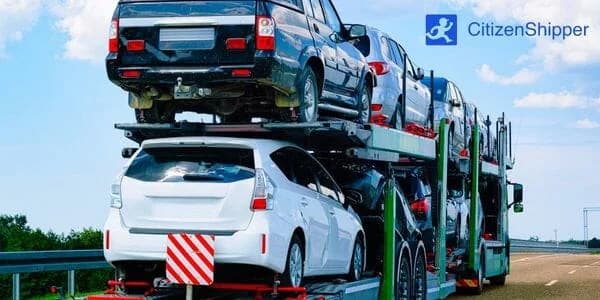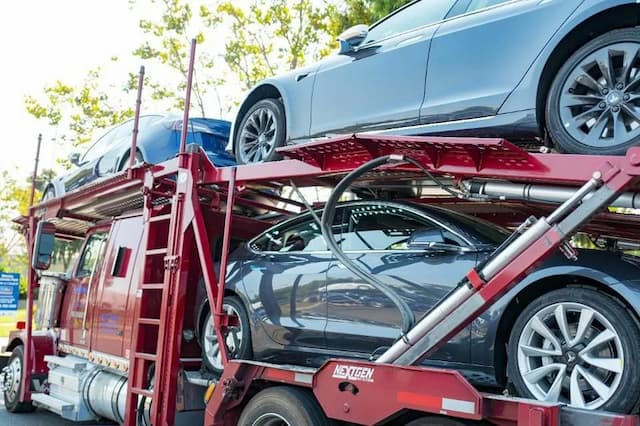Navigating Car Transport in Seattle, WA
When it comes to shipping your car in Washington, there's a world of factors to consider. Washington, with its distinctive maritime climate, varied terrain, and urban congestion challenges, presents a unique set of circumstances. But don't worry! Here at CitizenShipper, we are committed to helping you navigate through it all. Whether you're moving into or out of Seattle or need to transport your car for any reason, our expert team is here to help.
Washington's Vehicle Transportation Laws & Regulations
In Washington, car transportation laws and regulations are in place to ensure the safety and preservation of all vehicles and public roadways. Auto transporters must adhere to the Federal Motor Carrier Safety Administration (FMCSA) regulations for safety. Compliance involves ensuring that all vehicles are properly secured during transport and maintaining necessary documents for every shipped vehicle.
All auto transporters operating in Washington must also possess an active MC Docket number, issued by the FMCSA. This number signifies that a transportation company is registered under the federal government, allowing them to legally operate across state lines. Additionally, Washington requires transporters to comply with specific weight restrictions on highways and bridges, which can affect routing decisions, especially when crossing the numerous waterways in the Puget Sound region.
Weather & Terrain Considerations in Seattle, WA
Weather patterns in Seattle, WA have a significant impact on car shipping. With its famous rainy climate, Seattle experiences mild but wet winters and relatively dry summers. The city receives approximately 38 inches of rainfall annually, mostly between October and May, which can affect road conditions and visibility for transporters.
Seattle's terrain presents unique challenges with its numerous hills, waterways, and surrounding mountains. The Cascade Range to the east and Olympic Mountains to the west create natural barriers that can complicate shipping routes. During winter months, mountain passes like Snoqualmie can experience snow and ice, occasionally leading to closures that require alternative routing. Urban congestion in the Seattle metro area, particularly during rush hours on I-5, I-90, and I-405, can also impact delivery timelines. It's advisable to plan for potential weather-related delays, especially during the winter months or when shipping to more remote areas of Washington state.








